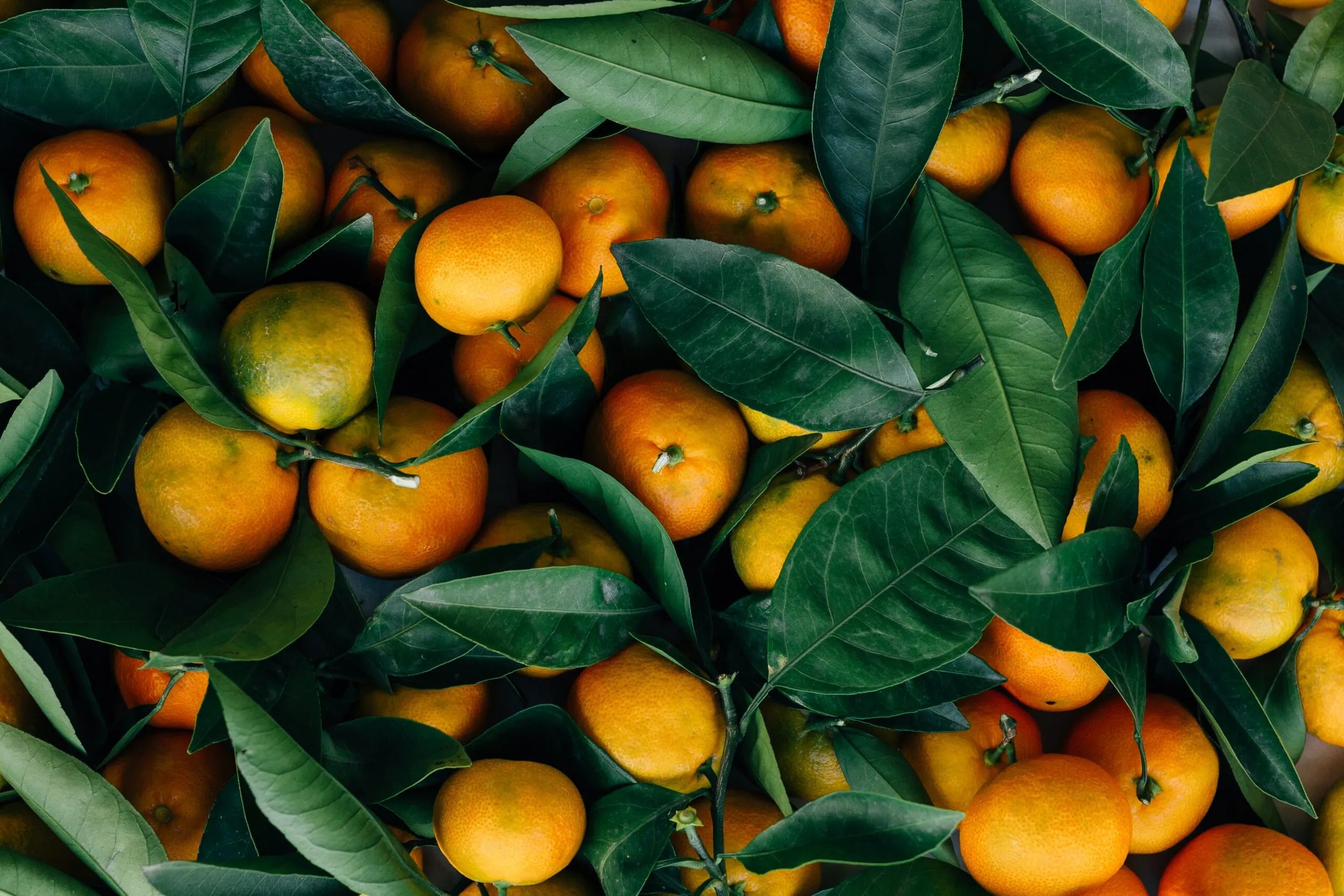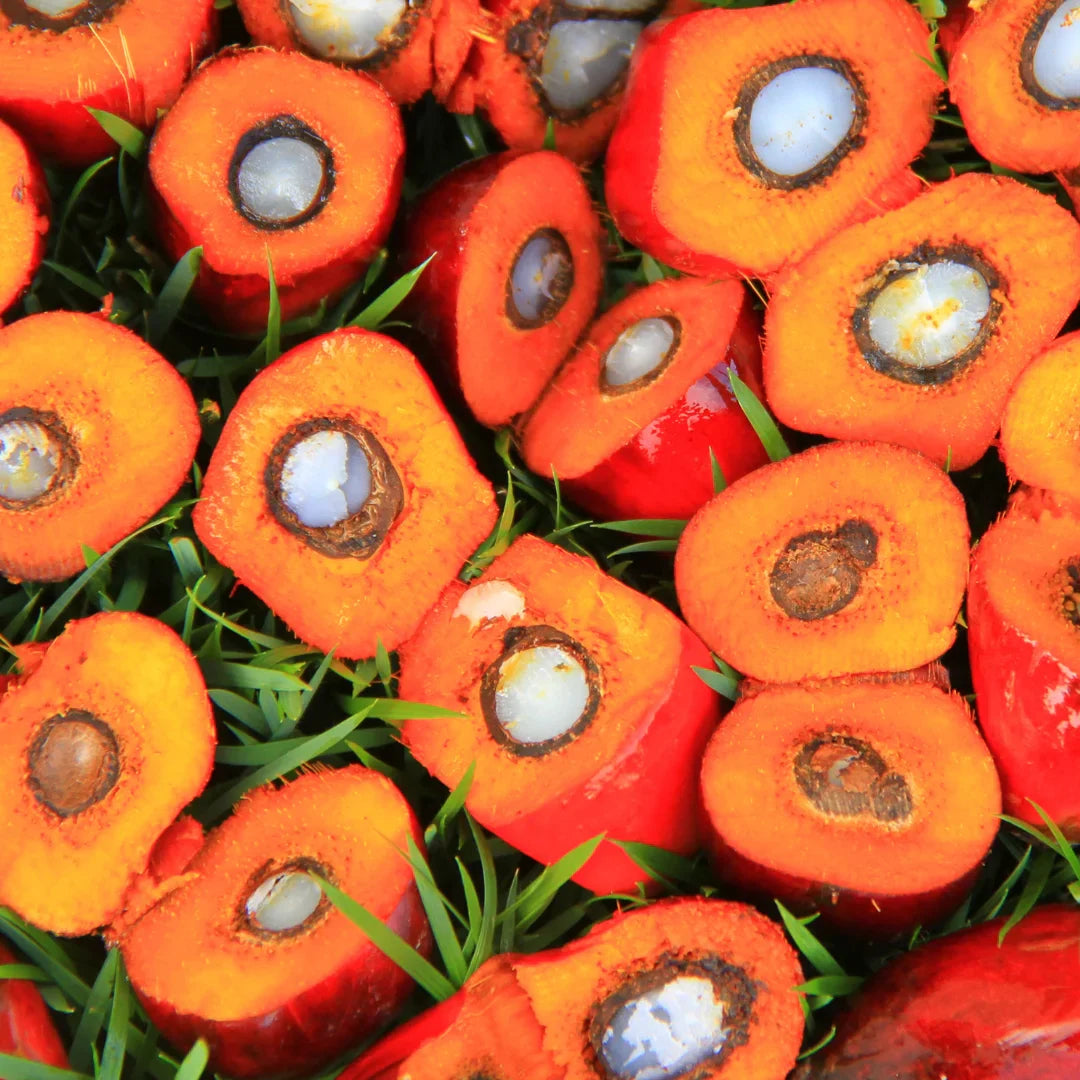Vitamin C is one of the most well-researched nutrients in nutrition. Exploration into the properties of vitamin C started at the end of the 15th century. Studies continued into the later centuries when it was finally isolated and discovered in 1930s. Its originator Szent-Györgyi called it ascorbic acid.
Vitamin C is the hero product through cough, cold and flu season, but it’s time to champion this wonderful nutrient for all its health properties, let’s take a deep dive together through the vitamin alphabet – Vitamin C edition.
How much Vitamin C do we need?
Vitamin C is an essential water-soluble. This means the body is not capable of producing it itself, so you have to consume the nutrient every day.
According to UK guidelines, an adult over the age of 19 years needs to consume 80mg of vitamin C per day.
However, due to the nature of Vitamin C being water soluble, any excess vitamin C will be lost in your urine. That being said, you are recommended not to exceed 1000mg of vitamin C per day.
Food sources of Vitamin C
To put the figures into perspective, here are some typical foods you might consume each day and how much vitamin C they contain:
- Wholemeal Bread- 0mg
- Apples – 5.7mg of Vitamin C
- 250ml Milk- 19.6mg of Vitamin C
- Broccoli (100g) - 89.2mg of Vitamin C
- Frozen peas (100g) - 24mg of Vitamin C
- Jacket potato (100g) - 9.3mg of Vitamin C
- Eggs - 0mg
- Baked Beans (100g) - 1.1mg of Vitamin C
- 250ml Orange Juice - 124mg of Vitamin C
- Banana - 10.3mg of Vitamin C
Below you can see some of your heavy-weight foods, packing the biggest punch of vitamin C
- Guava (100g)- 228mg
- Kiwi fruit (100g)- 93mg
- Bell Peppers (100g)- 128mg
- Strawberries (100g)- 59mg
- Oranges (100g)- 53mg
- Broccoli (100g)- 89mg
Deficiency of Vitamin C
The first discovery of Vitamin C deficiency was early in the 16th century. At the time, it was assumed that approximately 50% of all sailors on any voyage would die as a result of the ‘sailors scurge’ the original name for Scurvy. A 16th century physician described the progress of the disease as the following:
‘It rotted all my gums, which gave out a black and putrid blood. My thighs and lower legs were black and gangrenous, and I was forced to use my knife each day to cut into the flesh in order to release this black and foul blood. I also used my knife on my gums, which were livid and growing over my teeth. . . . When I had cut away this dead flesh and caused much black blood to flow, I rinsed my mouth and teeth with my urine, rubbing them very hard. . . And the unfortunate thing was that I could not eat, desiring more to swallow than to chew. . . Many of our people died of it every day, and we saw bodies thrown into the sea constantly, three or four at a time.’
In 1734, the Dutch physician, Johannes Bachstrom was the first to make the association between fresh fruits and vegetables and a reduction in symptoms. It wasn’t until 1747 when physician, James Lind conducted a small experiment using 12 sailors that had shown symptoms of scurvy. He divided the group of sailors into 6 pairs and gave the pairs daily dosages of 6 suspected scurvy cures. Of which were the two oranges and one lemon. This experiment last 14 days in that time the sailors who received the orange and lemon concoction recovered enough to take care of the other sailors. Then finally in 1795, Gilbert Blane convinced the British Royal Navy to issue lemon juice to its soldiers.
Scurvy in the modern day
Vitamin C deficiency did use to be a disease of the past, but unfortunately in more recent years, there has been a resurgence in the disease scurvy. A BBC article stated that between 2009 & 2014 there was a 27% increase in reported cases of scurvy UK hospitals. It was considered a disease of the past because access to fresh fruit and vegetables in this day and age isn't a luxury unlike in times gone by.
So, what’s to blame in this day and age? I hear you ask. Nutritionists, Dietitians, Doctors and other healthcare professionals have concluded that it’s a mix of fussy eaters, nutrient-deficient foods, and an increase in fast food culture.
Health benefits of Vitamin C
The health benefits of Vitamin C are endless, as it plays a crucial part in many processes within the body acting as a coenzyme in many reactions within the body. Vitamin C is needed to:
- Contributes to normal collagen formation for the normal function of blood vessels
- Contributes to normal collagen formation for the normal function of bones
- Contributes to normal collagen formation for the normal function of cartilage
- Contributes to normal collagen formation for the normal function of gums
- Contributes to normal collagen formation for the normal function of skin
- Contributes to normal collagen formation for the normal function of teeth
- Contributes to normal energy-yielding metabolism
- Contributes to normal functioning of the nervous system
- Contributes to normal psychological function
- Contributes to the normal function of the immune system
- Contributes to the protection of cells from oxidative stress
- Contributes to the reduction of tiredness and fatigue
- Contributes to the regeneration of the reduced form of Vitamin E
- Vitamin C increases iron absorption
- Vitamin C in Skin Care
- Vitamin C is an incredibly popular ingredient used in skin care. On the skin, Vitamin C can brighten skin tone, and act as an antioxidant to prevent damage from environmental free radicals. Natural sources of vitamin C in skincare might include kakadu, algaes, papaya, berries, pomegranate or ferulic acid.
References
https://www.cureus.com/articles/87898-scurvy-in-the-modern-world-extinct-or-not
https://www.bbc.co.uk/news/health-35380716
https://www.sciencehistory.org/distillations/the-age-of-scurvy






Share:
10 Natural Body-Loving Ingredients
5 Ways to use Green Goddess Powder